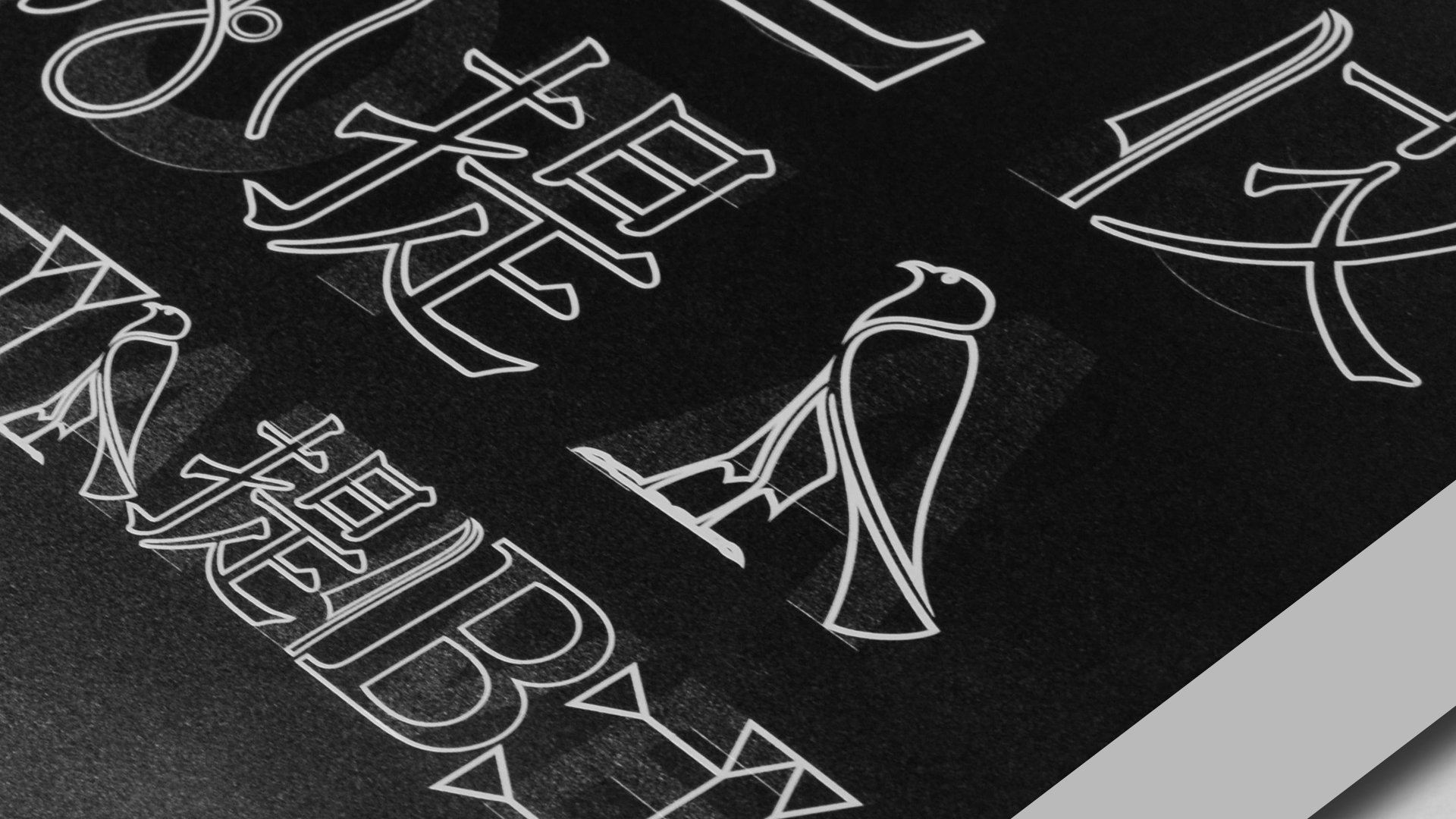this is not a narrative
2016
This is a campaign that aims to question the role of the international archaeological museums of nowadays. The campaign suggests that the so called “international archives of human narrative” are more of the remains of former empires that keep within their galleries some of the most valuable fragments of cultural history - although these fragments were often discovered far away from their current place of exhibition.
Whilst is a fact that such antiquities are part of a global history and that in this sense they belong to the whole world, this does not grant authority to a small number of countries, cities or museums to take them out of their authentic cultural contexts - or to deny the right of exhibition to their places of origin. The campaign supports the right of retrieval, suggesting that such fragments should be returned to their natural habitats, where they can most authentically tell their stories to the rest of the world.









The visual language created to communicate this message has used typography to represent the stolen antiquities. Within the black poster that represents the museum, the slogan “this in not a narrative of human’s history” incorporates a number of anomalous typographic fragments that are derived from the alphabets of a variety of civilizations - drawing attention to the variety of cultural contexts that have been plundered by imperious institutions over the course of history.
The failure of the result to seamlessly transmit the translated message serves to contest the claim that international archaeological museums can authentically communicate a set of culturally specific narratives. Just as it is impossible to effortlessly communicate a message when type is disrupted by anomalous cultural specific interventions, it is impossible for a set of - stolen - material fragments from different civilizations to convey a coherent narrative of human history.
An apostrophe denotes possession. The anomalous apostrophe in phrase “human’s history” denotes the ambiguity of possession - alluding to the way in which museums ultimately tell the colonial history of their empires, rather than the situated history of humanity itself.


